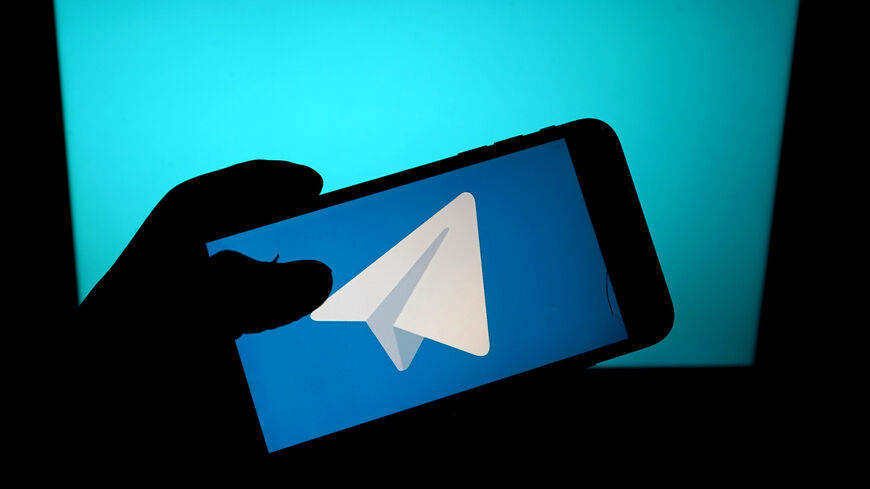Iraqi militias continued to use Telegram on Monday despite the government’s block on the messaging service that came into effect on Sunday.
Background: Telegram is a Russian-owned mobile and desktop application that allows users to send encrypted messages to one another. The app also has channels to which users can subscribe to follow the news. Telegram is quite popular in Iraq and is used by protesters, militias and others to share news.
What happened: Iraq’s Ministry of Communications said in a statement on Sunday that it blocked the use of Telegram, accusing the app of leaking personal data of Iraqi citizens and state entities. The ministry added that Telegram did not respond to requests on the matter, according to a statement.
Telegram did not immediately respond to Al-Monitor’s request for comment.
The official Iraqi News Agency announced on Sunday that it would start providing updates via the alternative messaging service Viber.
However, some accounts affiliated with Iraqi militias continued to use Telegram on Monday in defiance of the decision. Sabereen News posted links to two new channels, instructing users to subscribe to them in case of an “emergency” — a likely reference to the ban.
In a 2021 report, the Washington Institute for Near East Policy described Sabereen News as the main social media conglomerate for Iraq’s “resistance” militias. Various groups that support Iran and oppose the United States and Israel describe themselves as “resistance.”
Another account known as “Tweet al-Hashd” also continued posting on Telegram on Monday. Iraq’s pro-government Popular Mobilization Units (PMU) are known as “Hashd” in Arabic. Some of the groups are backed by Iran.
Why it matters: The Telegram block could lead to tensions within Iraq. On Sunday, parliament member Aqeel Abbas tweeted that the decision caused “societal and education damage.”
Telegram has also been used extensively by anti-government protesters since the Tishreen protests began in 2019. Blocking the app thus raises freedom of expression concerns in the country. Iran notably banned Telegram in 2018 in response to economic-driven protests, though protesters continued using the app, including during the Mahsa Amini protests that began last September.
The Iraqi government has made similar blockage attempts in the past without success. In 2019, Iraq banned the mobile battle game PubG, but people across Iraq have continued to play it.
In the event the Telegram block is widely enforced, Iraqis will still likely be able to access the app via virtual private networks, or VPNs.
Know more: The Iraqi News Agency’s use of Viber in response to the Telegram ban follows Iraq passing last year a broad law criminalizing normalization with Israel. The law prohibits any contact with Israel and states that such activity is punishable by death. Viber’s founders Talmon Marco and Igor Magazinik are both Israeli, though the Japanese company Rakuten acquired Viber in 2014.








